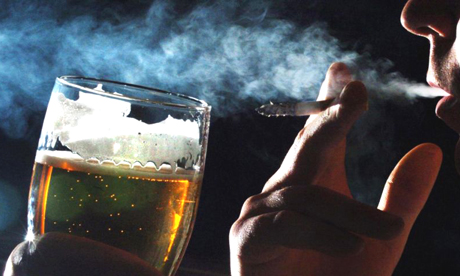 People in higher positions are more likely to report conflicts with co-workers and say work intrudes on their home life (Source: iStockphoto)
People in higher positions are more likely to report conflicts with co-workers and say work intrudes on their home life (Source: iStockphoto)From The ABC News (Australia):
Being the boss might mean more money and challenging work but it can also take a toll on physical and mental well-being, according to a Canadian study.
For years studies have shown people in lower-status jobs generally have higher rates of heart disease and other illnesses and die earlier than those in higher-status positions while job authority has shown no association with workers' health.
Read more ....


















